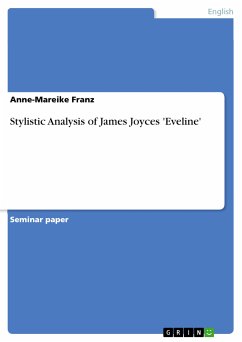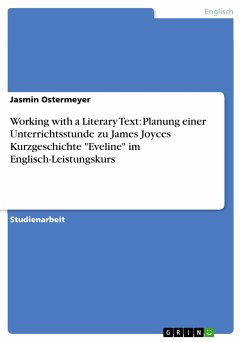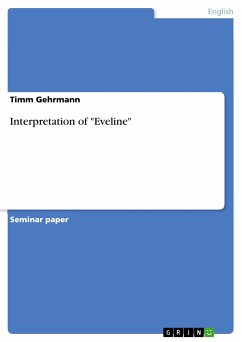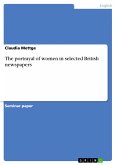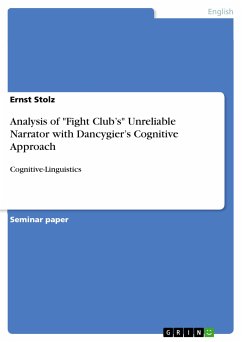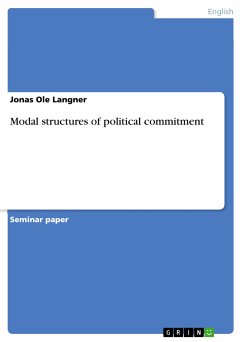Seminar paper from the year 2007 in the subject English Language and Literature Studies - Linguistics, grade: 1,7, University of Trier (Anglistik), course: Literary Linguistics, language: English, abstract: In 1903 James Joyce wrote the novel Dubliners, which consists of short stories about selected Irish people portraying their lives in Dublin. “Eveline“ is one of the short stories of adolescence in this collection, as it deals with a young nineteen year old woman named Eveline, who is confronted with the decision on whether she should leave Dublin with her boyfriend Frank and start a new life in Buenos Aires or stay in her old habits. The story is written from a third-person limited point of view and because of this the reader is able to perceive Eveline’s world through her perspective. The reader witnesses how Eveline tries to discover herself and her own wishes. But her way of initiation is meant to lead to an surprising conclusion by Eveline in the end. What is so fascinating about “Eveline“ is not only the plot itself, but the way Joyce il-lustrates the situation of Eveline linguistically through his way of writing. Through various linguistic means Joyce pictures Eveline’s “fear of taking a chance, fear of the unknown and of change”.

